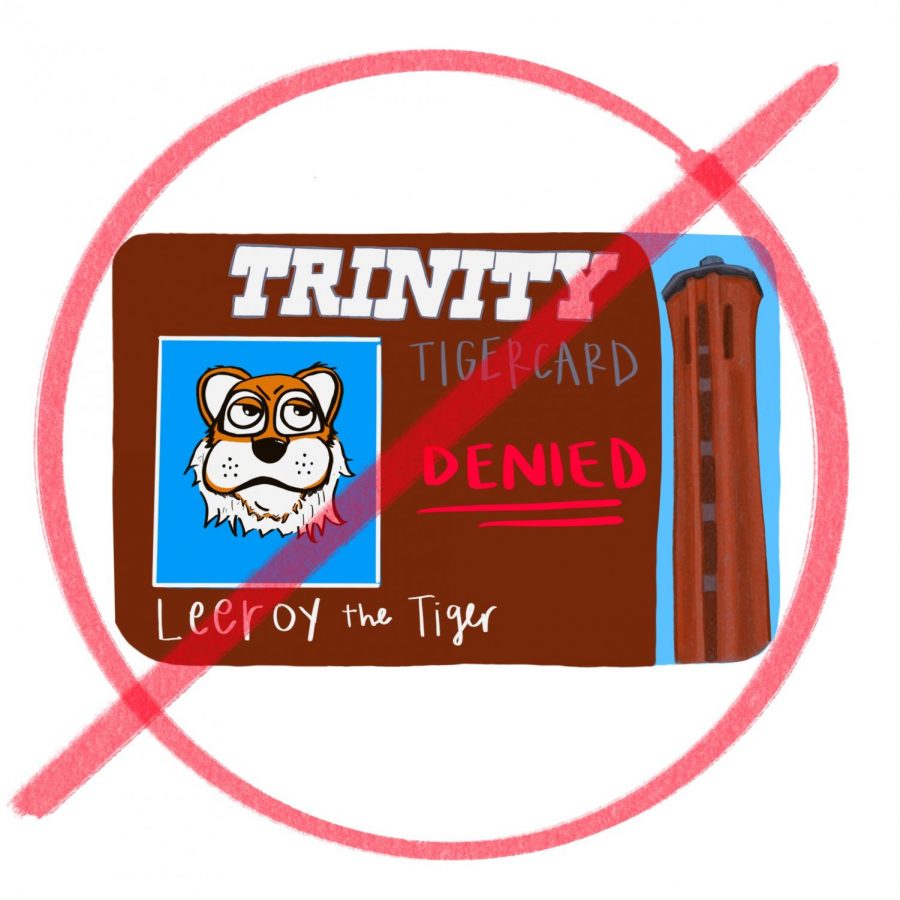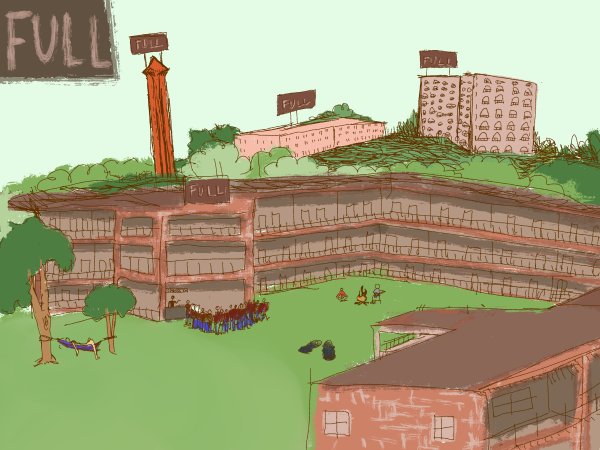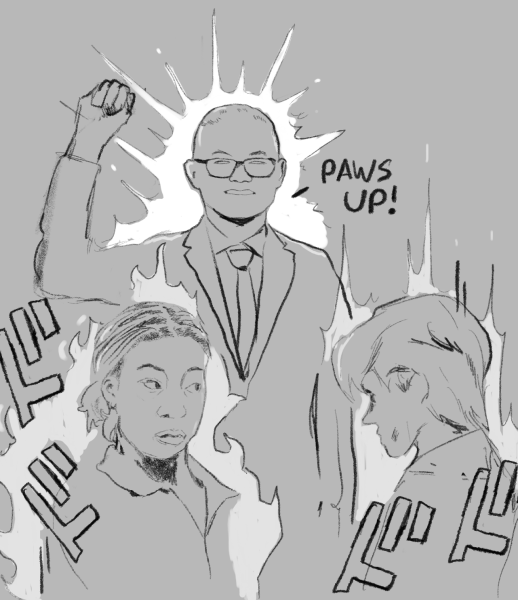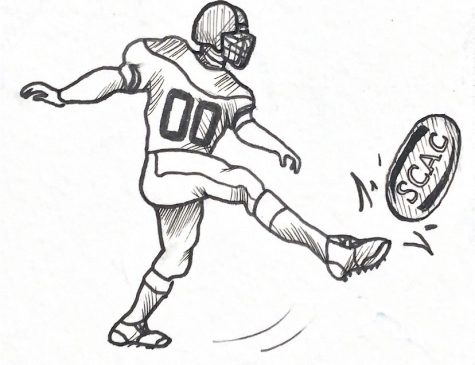Tiger Cards go offline overnight, limit student residence hall access
At midnight on Aug. 31, Tiger Cards malfunctioned, causing all students to lose access to their dorm rooms. Luckily, the Tiger Card Office reacted quickly to this issue and set up stations to reprogram the cards by the next morning.
The problem in the Tiger Card system was caused because of a technical oversight. Access to dorm rooms is controlled offline, unlike all other Tiger Card functions which are controlled online. Therefore, the dorm room locks were programmed years ago.
“With the dorm room locks, they’re offline; we can’t touch them unless we go physically with a laptop and plug in the card itself,” said Trey Dunn, Technical Support System Analyst for the Tiger Card Office. “The error had to do with the fact that the program was running on an expiration date that had been set a long time ago that was never updated in the background.”
Because of this error, every student at Trinity University lost access to the locks of their dorm rooms. Luckily, it was late at night, so most students were asleep. However, a few students were trapped outside their rooms and were forced to contact Trinity University Police Department.
The Trinity University Police Department called the Tiger Card Office so they could attempt to resolve the problem. Dunn and his coworkers were on campus by the early morning of Sept. 1.
“It was a sort of a situation that we always worried about, the worst-case scenario, the students systematically losing access like that, so we’ve got a lot of plans in place to attack it very quickly and try to get everybody back on the same page,” Dunn said.
“It was a scary moment at first but the team came together and unselfishly said, ‘we’ll do what it takes, we’ll stay as long as we need to, as many days as we need to,’” said Bruce Bravo, senior director of Conferences and Auxiliary Services, who has been acting as the interim director of the Tiger Card Office for the past year and a half. “Trey and his team started working at 6 a.m. and ended at 8 p.m., and then they were back the next morning at 7:30.”
They set up stations around campus, two in the Tiger Card Office and two in Mabee Dining Hall. At these stations, students gave their cards to workers to re-encode them. This encoding replaced the information that had expired with new valid dates. Having done this, students were able to regain access to their dorm rooms.
According to Dunn, these stations were highly effective, as students had to wait in these lines for only about three to four minutes. The encoding itself took less than 10 seconds.
“Our rough estimate is about 80% of students had regained access to the dorm rooms by after lunch, so it was a little more than 12 hours after the issue had begun,” Dunn said. “After that, the issues declined dramatically. It looked like we had solved most of the problem by 2:00 on Wednesday.”
Over the next few days, students trickled in and out of the Tiger Card Office in order to get their cards re-encoded.
The reaction from students was overwhelmingly positive despite the inconvenience. Bravo was grateful for the compliance both on the part of the students and staff.
“We were very apprehensive about what the reaction would be, and the students were incredibly gracious and understanding. It made us all feel good,” Bravo said.
Because of the disruption that this caused for Trinity students, the Tiger Card Office is going to be especially vigilant about problems with Tiger Cards.
“It’s the first time this has ever happened and it will be the last,” Dunn said. “Our worst nightmare is 1600 students losing access to their dorms all at once, and it happened, but I think we were able to fix it without having a lot of issues.”
















